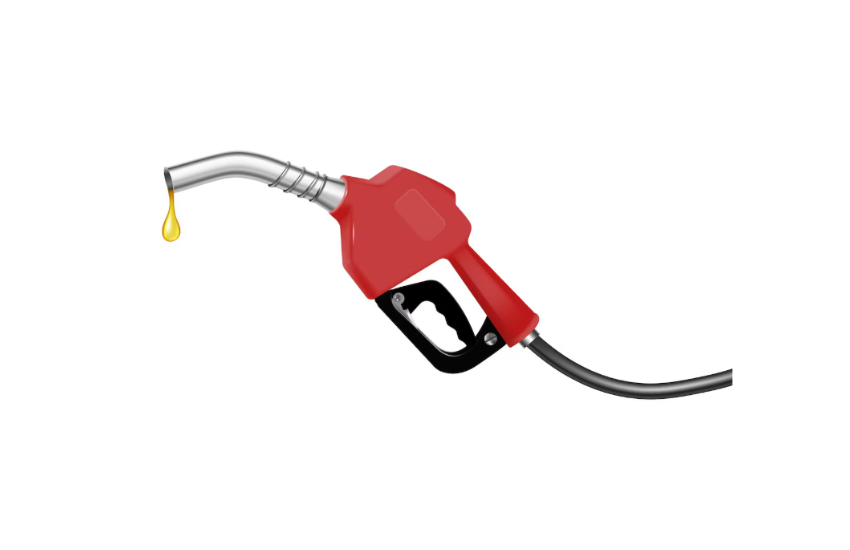Fuel is the lifeblood of large-scale operations—be it in agriculture, construction, logistics, or manufacturing. In the United Kingdom, where fuel prices and environmental regulations are constantly evolving, businesses cannot afford to ignore the consequences of fuel waste. Whether it’s red diesel, gas oil, or industrial heating oil, preventing fuel loss is no longer just a cost-saving measure—it’s a strategic necessity.
I’ve witnessed first-hand how businesses that optimise fuel use not only enhance operational efficiency but also gain a competitive edge. This article breaks down practical, industry-tested strategies tailored for UK organisations looking to prevent fuel waste at scale, while staying compliant with modern environmental and fiscal policies.
1. Understanding the Causes of Fuel Waste
Before jumping into solutions, it’s important to understand why fuel waste occurs. Common causes include:
- Poorly maintained machinery
- Fuel theft or unauthorised usage
- Inefficient fuel storage
- Over-ordering or under-using stored fuel
- Unoptimised delivery and transport routes
Each of these issues can quietly chip away at your fuel budget, adding up to thousands of pounds annually if left unchecked.
2. Implement Smart Fuel Monitoring Systems
Fuel monitoring technology is no longer a luxury—it’s essential. By installing fuel management systems, businesses can track fuel usage across vehicles, equipment, and storage tanks in real-time.
These systems offer:
- Automated alerts for unusual fuel consumption
- Digital records for compliance audits
- Insights to identify underperforming vehicles or machinery
Many UK-based logistics and agricultural companies now use telematics integrated with fuel sensors to make data-driven decisions. It’s an upfront investment that delivers long-term savings and transparency.
3. Maintain Equipment for Fuel Efficiency
Machinery and vehicles that aren’t regularly serviced tend to consume more fuel. Dirty filters, old oil, worn-out tyres, or inefficient engines can cause up to 20% more fuel consumption.
Best practices include:
- Regular oil changes and engine tune-ups
- Keeping tyres inflated to the recommended PSI
- Replacing clogged fuel injectors and air filters
- Using fuel additives to improve combustion
Creating a scheduled maintenance routine ensures that fuel is used efficiently and equipment operates at peak performance.
4. Optimise Fuel Storage and Handling
Storage plays a major role in fuel preservation. In the UK’s variable climate, condensation, microbial growth, and leakage can significantly degrade stored fuel.
To minimise risks:
- Use bunded fuel tanks that meet UK environmental standards
- Keep tanks in shaded or temperature-regulated areas
- Install leak detection systems
- Use stabilisers and additives to extend the fuel’s shelf life
Also, ensure that only trained personnel handle fuel transfers, as improper refuelling techniques can lead to unnecessary spillage or evaporation.
5. Tighten Security to Prevent Theft
Fuel theft is an unfortunate but common issue, especially in remote construction or agricultural sites. In 2022 alone, several UK businesses reported significant losses due to siphoning and unauthorised vehicle usage.
To counter this:
- Install CCTV cameras and motion-sensor lighting near storage tanks
- Use lockable fuel tank caps and GPS tracking devices on mobile tanks
- Enforce driver ID verification systems
- Maintain clear records of every fuel transaction
Even basic deterrents can significantly reduce the likelihood of theft.
6. Train Staff on Fuel-Saving Practices
The best systems in the world won’t work if your team isn’t on board. Driver and operator behaviour plays a huge role in fuel efficiency.
Encourage and train staff to:
- Avoid excessive idling
- Shift gears efficiently
- Drive at consistent speeds
- Plan routes ahead of time
Many UK companies have reported up to 15% savings in fuel just by investing in driver training and awareness programs.
7. Order Fuel Strategically
Ordering fuel in bulk may seem cost-effective, but overstocking can lead to waste if the fuel degrades or is stolen. Likewise, frequent small orders can drive up delivery costs.
Instead:
- Analyse usage patterns and forecast demand accurately
- Work with reliable UK-based fuel suppliers offering flexible delivery and transparent pricing
- Choose suppliers who offer real-time monitoring and volume-based discounts
Smarter procurement decisions can reduce both financial and operational fuel losses.
8. Embrace Alternative Fuels Where Possible
In some cases, switching to HVO (Hydrotreated Vegetable Oil) or other low-waste fuels can be beneficial. HVO, in particular, burns cleaner and lasts longer in storage, making it a viable alternative in many commercial and industrial applications.
The UK government is also promoting lower-emission fuels as part of its Net Zero 2050 strategy. Adopting greener fuel alternatives can lead to lower duty charges, grants, and tax incentives—while also reducing waste.
Conclusion: Waste Not, Want Not
Preventing fuel waste in large-scale UK operations is not about overhauling everything overnight—it’s about tightening the gaps, streamlining systems, and empowering your workforce.
With strategic investment in monitoring technology, disciplined maintenance, smarter storage, and staff education, UK businesses can reduce unnecessary fuel loss while improving their bottom line and sustainability credentials.
In today’s volatile fuel landscape, waste is more than an inefficiency—it’s a risk. By implementing these practices, you ensure your operation is leaner, greener, and better equipped for long-term success.



